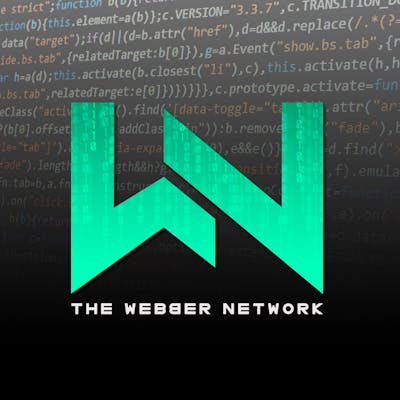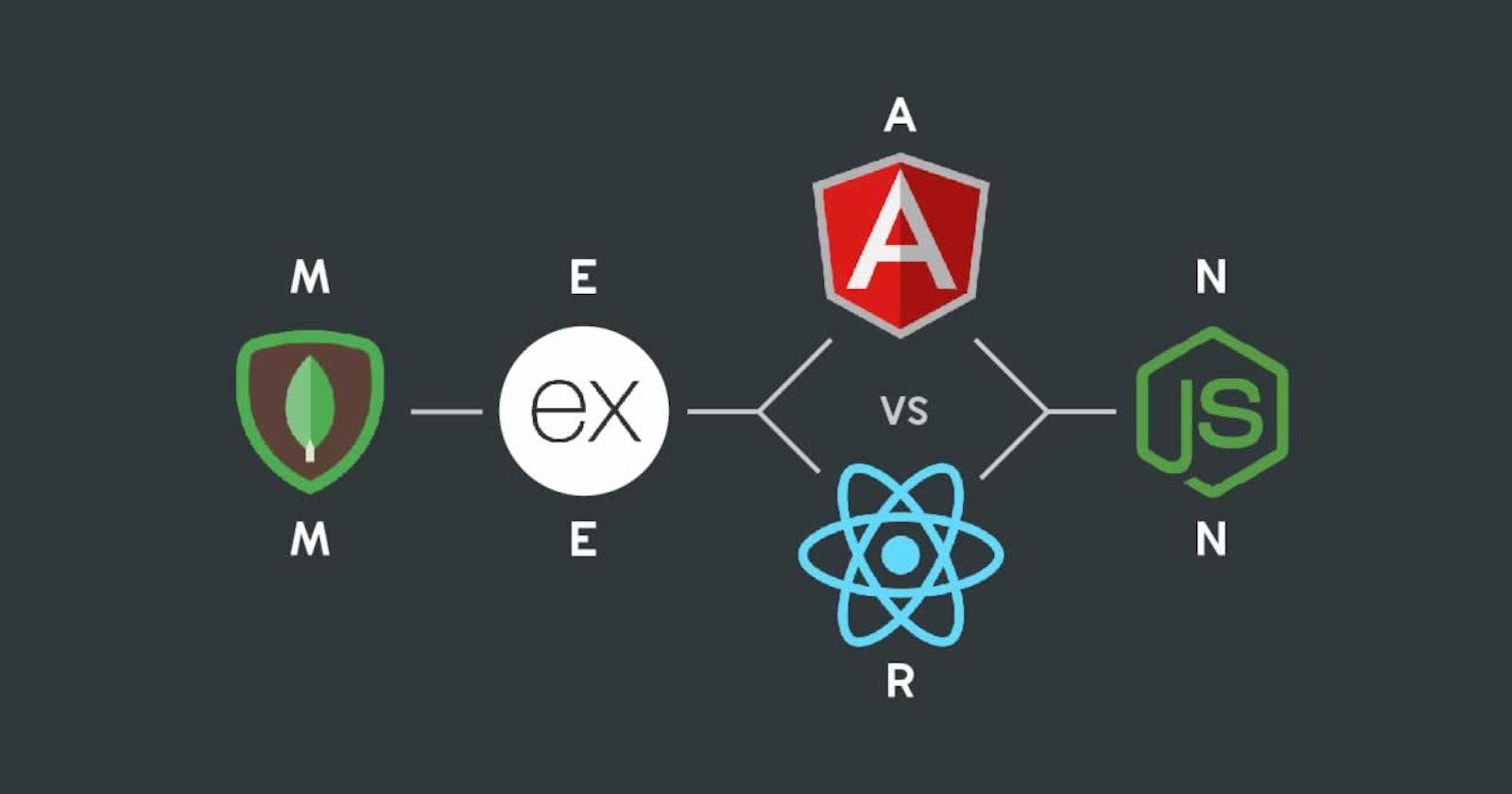MEAN stack:-
MEAN is an abbreviation that stands for MongoDB, ExpressJS, AngularJS, Node.js. This framework provides quick and easy development of web and mobile applications. The main components of MEAN are as follows-
MongoDB: It is used to store the data of back-end applications as JSON files.
ExpressJS: It is a back-end application that runs on top of Node.js.
AngularJS: It is the front-end framework that runs the code in the browser.
NodeJS: It provides runtime system for JavaScript on the back-end web application.
One of the prominent advantages of using MEAN stack is that the whole code is in JavaScript. So, it is easy for beginners to explore and learn. Also, its unified offerings can significantly reduce development time and cost. The MEAN stack contains various supporting libraries and reusable modules which deliver a scalable minimum viable product.
Working of MEAN stack: The MEAN stack architecture is used to build web applications in JavaScript, and handling JSON, incredibly easy.
Angular.js front end: Angular.js is at the top of the MEAN stack. It is a self-styled “JavaScript Framework”. Angular.js allows you to extend your HTML tags with metadata to create dynamic, interactive web experiences in much more powerful ways.
Express.js and Node.js Server Tier: Express.js is the next step of MEAN stack, running on a Node.js server. Express.js is a fast, minimalist web framework for Node.js. Express.js has powerful models for URL routing and handling HTTP requests and responses.
MongoDB Database Tier: If we need to store any data, then we need a database like MongoDB. JSON documents created in Angular.js front end are sent to the Express.js server, where they are processed and stored directly in MongoDB for later retrieval.
MEAN Stack Benefits
Covers the entire web development cycle from frontend to backend development, i.e., client-side and server-side, with JavaScript
Model View Controller (MVC) architecture support for a smooth process of development
Resists redundant grunt work to keep web app development organized
Get the best of MongoDB, Angular JS, Node.JS, and Express.JS – 4 exceptional technologies
A built-in extensive tool testing suite
An open-source framework backed by excellent community support
MERN stack:
MERN is an abbreviation which stands for MongoDB, ExpressJS, ReactJS, Node.js. This framework also provides quick and easy development of web and mobile applications using java as its main component. Main components of MERN are as follows.
MongoDB: It is a document-oriented No-SQL data store used to store back-end applications.
ExpressJS: It is a layered framework built on top of NodeJS that takes care of the website’s back-end functionality and structure.
ReactJS: It is a library that facilitates creating the user interface components of single-page web applications.
4.NodeJS: It is a runtime environment capable of running JavaScript on a machine
Working of MERN stack:
React.js front end: React.js is at the top of the development stack. It is declarative JavaScript framework for creating dynamic client-side applications. React.js let us build up complex interfaces through simple components, connect them to data on our backend server.
Express.js and Node.js server tier: It plays same roles in MERN stack as in the MEAN stack as mentioned above.
MongoDB Database tier: It plays the same roles in the MERN stack as in the MEAN stack as mentioned above.
MERN Stack Benefits
Covers complete web development cycle from frontend to backend with JS
Supports MVC architecture for a smooth development process
As it is a JavaScript stack, developers can only be pro in JSON and JavaScript
Combination of the best technologies – MongoDB, React, Node.js and Express.js and as an extensive built-in suite to test tools
It is an open-source framework backed by community support

